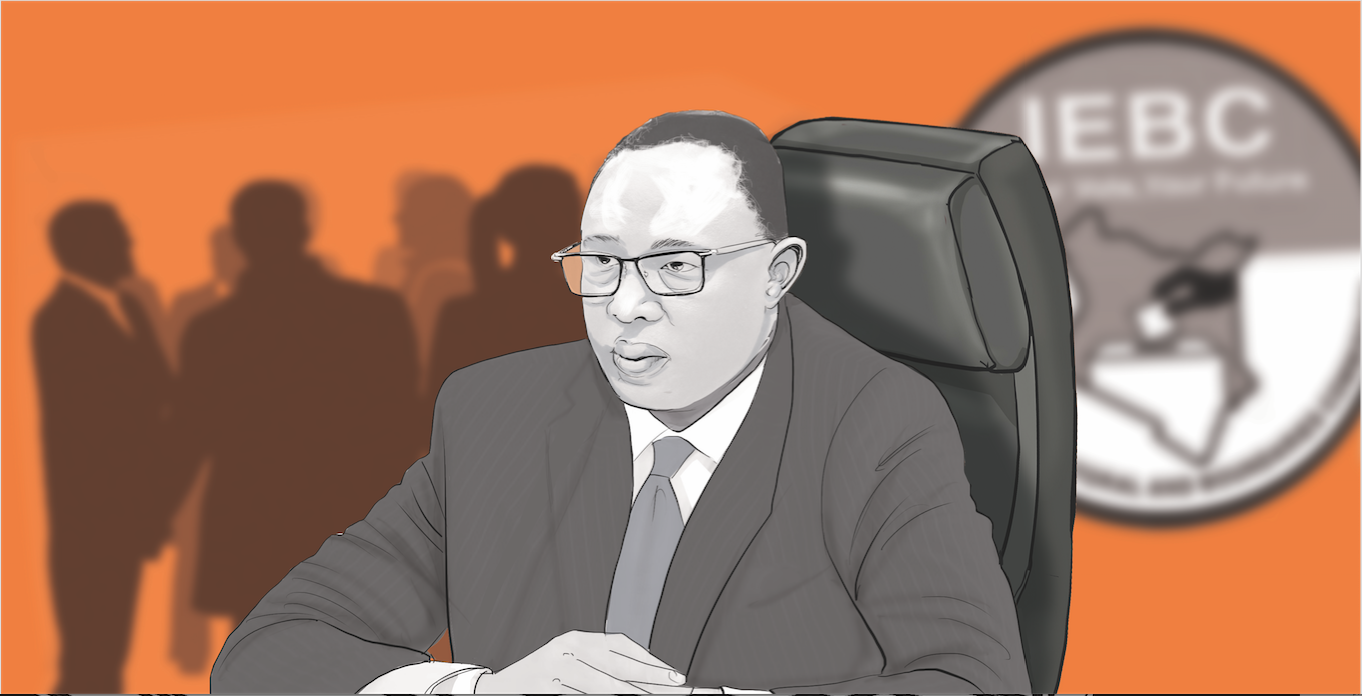
The appointment of Erastus Edung Ethekon and six new commissioners to the Independent Electoral and Boundaries Commission marks the end of a 30-month institutional void that nearly crippled Kenya's electoral governance. But this is no triumph; it is the start of a constitutional and political reckoning.
With barely 18 months to the 2027 general election, the reconstituted IEBC is now under intense scrutiny from legal, administrative and political perspectives. It must confront pending constitutional mandates, institutional credibility gaps and a deeply polarised political landscape.
Article 89 of the constitution mandates the review of electoral boundaries every eight to 12 years. The last review concluded in 2012. The IEBC missed the February 2024 deadline, placing 27 constituencies – including Turkana East, Samburu North and Moyale – at risk of legal nullification. These regions were preserved in 2010 as exceptional due to sparse populations. Now, absent a lawful review, they face extinction.
The IEBC secretariat sought advisory guidance from the Supreme Court in February 2024, but the silence from the apex court has only compounded the constitutional uncertainty. Left without judicial clarity, the commission is forced to undertake a legally explosive process under intense political and ethnic pressure.
Democratic representation has also been compromised. Since 2022, at least 19 elective positions—one Senate seat, five parliamentary seats and 13 ward seats—remain unfilled. The IEBC has not conducted any by-elections, effectively denying thousands of Kenyans their constitutional right to representation, as outlined in Article 1.
Each vacancy is a constitutional violation. The Elections Act and the IEBC Act both require the timely filling of vacancies. These delays erode public trust and set a dangerous precedent for selective enforcement of electoral laws.
The IEBC has proposed a record-shattering Sh61.7 billion budget for the 2027 electoral cycle. Alarmingly, more than 60 tenders were floated by the secretariat without a functional commission in place, including a Sh7 billion KIEMS kit procurement. This raises serious questions about legal compliance with the Public Procurement and Asset Disposal Act.
The new commission must now oversee the procurement of 55,393 polling kits and conduct an urgent audit of all tenders floated since 2023. Anything short of full transparency risks legal challenges and further public disillusionment.
The appointment process laid bare the toxic partisanship undermining the commission's credibility. Court petitions temporarily halted the vetting. Parliamentary debates turned hostile. Majority leader Kimani Ichung'wah labelled dissenters as "enemies of Kenya", while opposition legislators questioned procedural legality.
This political theatre erodes the IEBC's independence under Articles 248 and 249 of the Constitution. Worse, appointing commissioners just 18 months before a general election violates best practice. The Kriegler Report emphasised a two-year minimum to ensure electoral readiness—a timeline now breached.
The IEBC’s legitimacy now hinges on radical transparency. It must publish a public timetable with weekly milestones on delimitation, by-elections and procurement. It should demand expedited guidance from the Supreme Court and welcome amicus briefs from legal and civil society actors.
It must also livestream procurement proceedings and submit all previous tenders to audit. Town halls in the 27 affected constituencies must be convened to ensure the delimitation process meets the threshold of public participation under Articles 10 and 118.
Kenyans have waited too long for electoral justice. We have seen constitutional deadlines ignored, representation denied and billions committed with little accountability. The IEBC's new commissioners carry more than electoral duties—they carry the weight of restoring faith in our democratic institutions.
If they fail, Kenya risks repeating its tragic cycle of contested elections and civil unrest. But if they act boldly within the law, transparently and inclusively, they will not just deliver a credible election—they will help rescue a republic on the brink.
Strategic advisor in communication and an expert in leadership and governance











